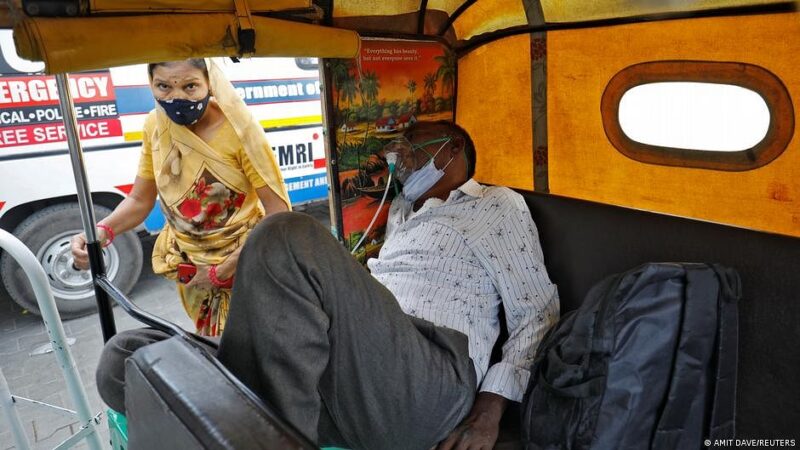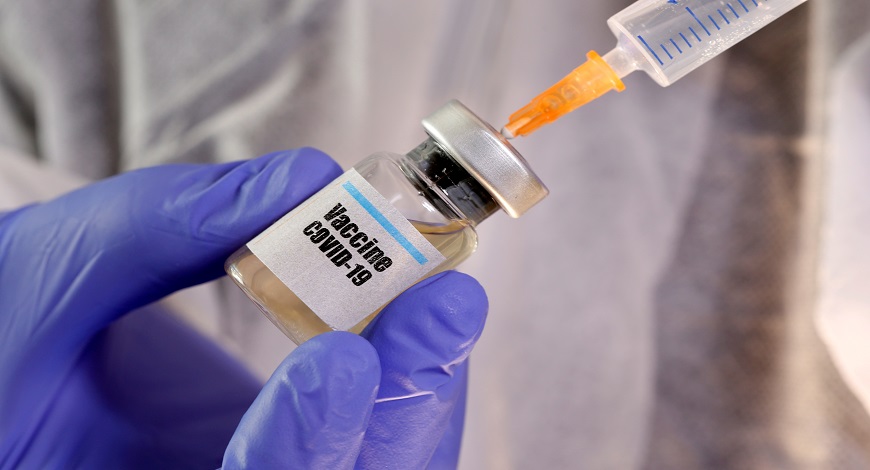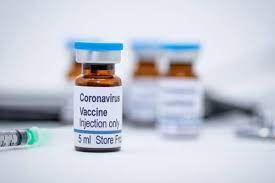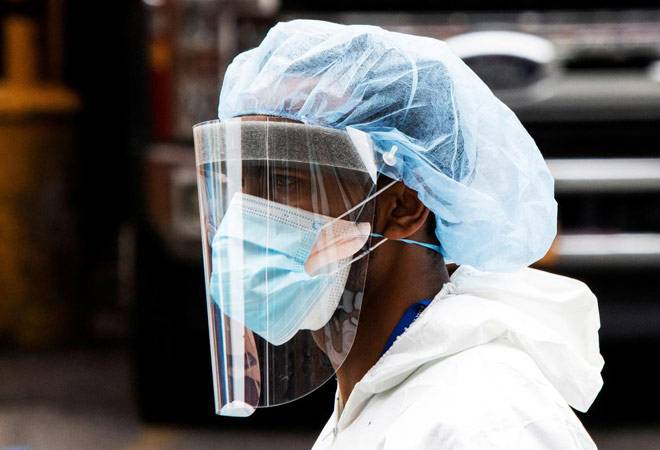IIT Kharagpur has successfully commercialised its flagship healthcare product COVIRAP, the novel diagnostic technology to zero on infectious diseases including COVID-19, the institute said Wednesday.
The product, developed by lead researchers Professor Suman Chakraborty, Dr Arindam Mondal and their research group, has been licensed for commercialisation to the Rapid Diagnostic Group of Companies, India and Bramerton Holdings LLC, USA.
A virtual press meet was organised on Wednesday by the institute in which the researchers were present along with institute director to make the announcement.
“The above move has taken place at a critical juncture when the recent spurt in COVID-19 infection, commonly known as the second wave, has been threatening to spread more rapidly than ever before,” IIT Kharagpur Director Prof V K Tewari said.
“Moreover, the commercialisation of COVIRAP will initiate complete indigenisation and availability of a large range of affordable healthcare products in the Indian market as well as deep trenches of a large global market that is literally starving for the need of such technology,” Tewari said.
Bramerton Holdings has signed a record deal for securing global rights for commercially disseminating the COVIRAP technology developed at IIT Kharagpur in various geographical locations outside the territory of the Indian subcontinent, an institute spokesperson informed.
Rapid Diagnostic has also initiated adapting the COVIRAP technology platform for COVID-19 and tuberculosis, in collaboration with IIT Kharagpur, the spokesperson said.
The research team has now developed a more advanced version of COVIRAP using a step-wise isothermal nucleic acid testing technology for the rapid diagnostics of pathogenic infections, including SARS-CoV-2 in individuals, Chakraborty said.
The COVID-19 diagnostic test can be conducted directly from human swab samples in the portable device developed by the team, without requiring any separate facility for RNA extraction. The results can be made available within 45 minutes of obtaining the patient sample, he said.
The kit has also been also supplemented with a free smartphone app to facilitate unambiguous results interpretation and automated dissemination to the patients.
For use of the test, the nasal, as well as oral swab samples, are diluted in a solution and tested in the portable device by mixing with reagents that are supplied in a pre-mixed form, Chakraborty said, adding the test runs automatically in the device without intermediate manual intervention.
“We have conducted field trials for running the tests with the help of unskilled personnel outside controlled laboratory ambience, with no compromise in quality of the test outcome. The entire sample-to-result procedure may be conducted in the portable device, virtually anywhere and with minimal training thus making the process of testing more effective for community-level screening and early detection of any emerging infection outbreak.
“This may act as a key to arrest community level spreading of the infection,” Chakraborty hoped. COVIRAP promises its reach to the grassroots level in catering to the needs of the last person of the society, he added.
The researchers claimed COVIRAP test overcomes several potential bottlenecks faced by similar other tests in the past, for instance, poor performance outside highly controlled laboratory and lack of simple, affordable, yet generic and universal instrument that may be used for home-based testing and community healthcare for a wide variety of infectious and non-infectious diseases.
Recognising the impact of the COVIRAP technology in meeting the long-standing demands of high-quality community-level testing, IIT Kharagpur has further initiated the procedure of deploying this product for on-campus use to detect possible novel coronavirus infection, the institute spokesperson said.
Patents centred around this innovation have been filed in the India, USA, several other countries, in the name of IIT Kharagpur.
The foreign filing license has been granted recently.
Commercialisation and use in the USA and Europe under the Emergency Use Authorisation (EUA) process are currently underway.







